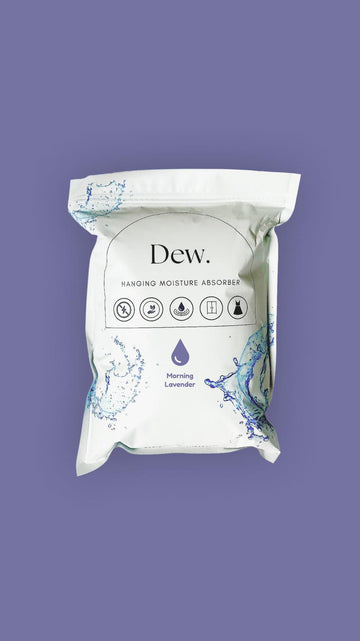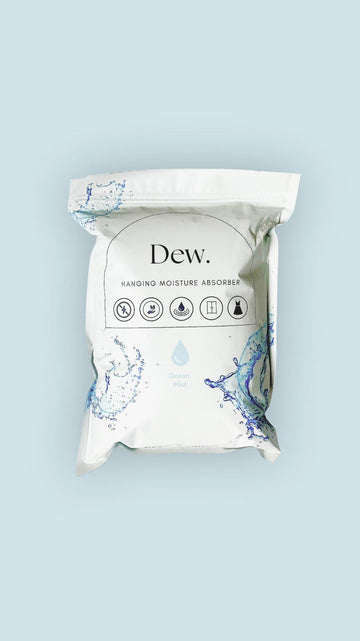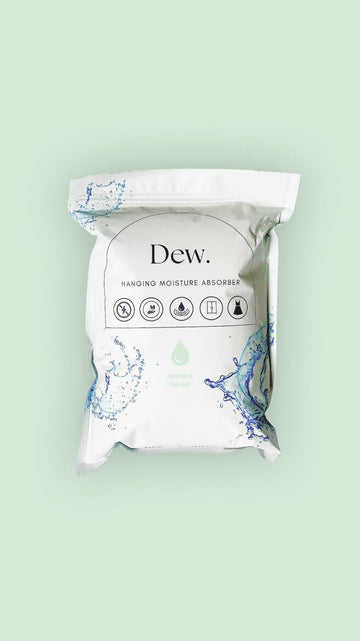Mould testing in Australia is a critical part of ensuring that your home or office environment is safe and healthy. It can be difficult to identify mould if it’s not visible, so testing is essential to determine the presence of mould and its type. There are many different types of tests available to test for mould in Australia, including laboratory air and surface sampling, as well as visual inspection.
Laboratory Air Sampling
Air samples can be taken from inside a building using a variety of equipment such as specialised cassettes or pumps which act like suction devices on the walls, ceilings and other surfaces affected by possible mould infestation. The samples are then sent off for laboratory testing in order to confirm the presence of certain types of mould, as well as the concentration of spores.
Surface Sampling
Surface sampling involves testing for mould spores on affected surfaces such as walls, ceilings and floors. This can be done using adhesive tape or swabs, which are then sent off to a laboratory for analysis to determine the type of mould present and its concentration.
Visual Inspection
The most basic way to test for the presence of mould is through visual inspection. This means looking out for signs of growth such as discoloured patches on walls or ceilings, musty odours, or visible crumbling in materials like plasterboard or ceiling tiles. It can also often involve taking photos from multiple angles which can then be used to identify possible areas of concern.
If you’re concerned about the potential presence of mould in your home or office, it is important to seek professional advice and conduct a comprehensive test. A qualified inspector can help identify problem areas, collect samples and interpret results. It is always best to have any suspicious patches tested in order to ensure that your environment is safe and healthy.
Regardless of the type of test chosen, mould testing should always be conducted by a qualified professional who has experience in identifying and testing for mould. This ensures accurate results that can be used to inform decisions about remediation or prevention measures if necessary. Professional testers will also generally provide information about how to prevent future problems with mould growth, as well as suggest measures such as ventilation, dehumidification, and air filtration to keep your home or office environment healthy.
Mould can be a serious health hazard and should not be taken lightly. If you are concerned about mould in your home or office, make sure to seek professional assistance and conduct an appropriate test. This will help ensure that the environment is safe and healthy, while also giving you peace of mind.










